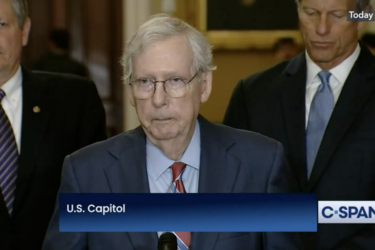The job of a journalist is to seek the truth and report it. To provide comprehensive and fair accounts of issues. This mantra is written into the codes of ethics of journalism organizations worldwide.

However, when government officials throw up roadblocks, refuse to answer basic questions, and rely on excuses to thwart legitimate investigations into policy, presenting the whole truth to the public is nearly impossible. When requests for documents under the Freedom of Information Act are ignored, or responses delayed indefinitely, then it may be time to start filing legal challenges.
Such was the case with the Center for Public Integrity’s investigation into Medicare Advantage plans. Reporters tried for months to speak on the record with officials at CMS about the program’s financial probes and other oversight issues. CPI eventually filed Freedom of Information Act requests to get supporting documentation.
When CMS failed to respond after a year, CPI sued. Is this the only way to get government and other public organizations to open up their records? According to this tip sheet from Fred Schulte, it depends.








